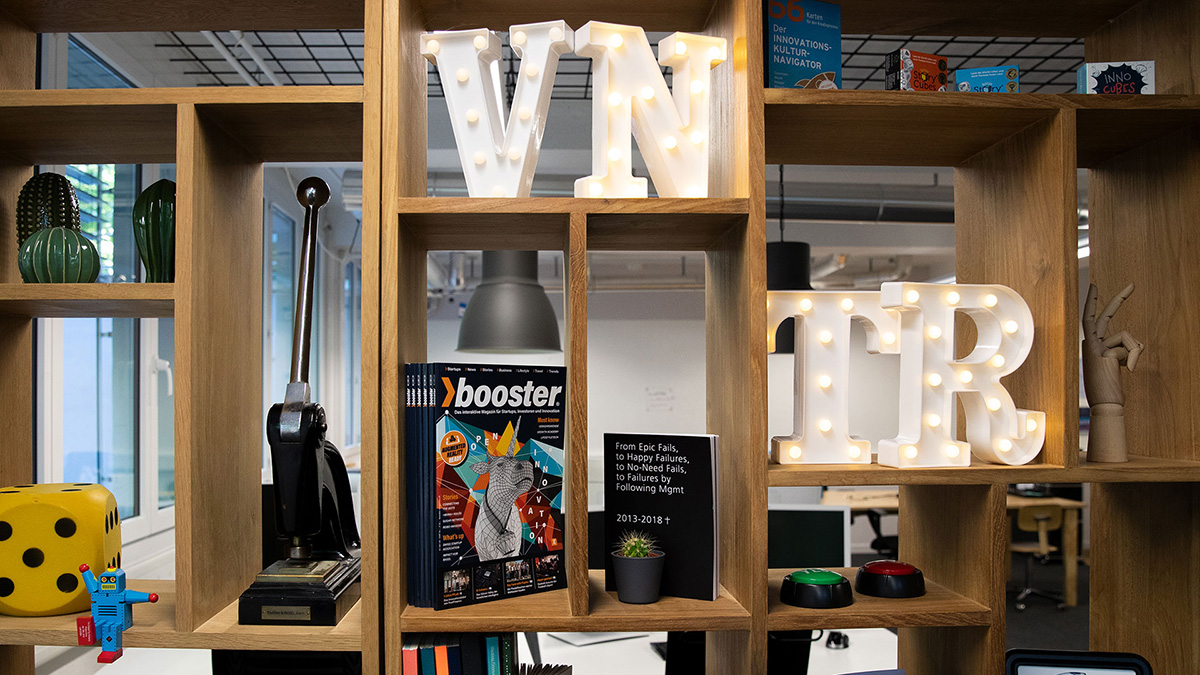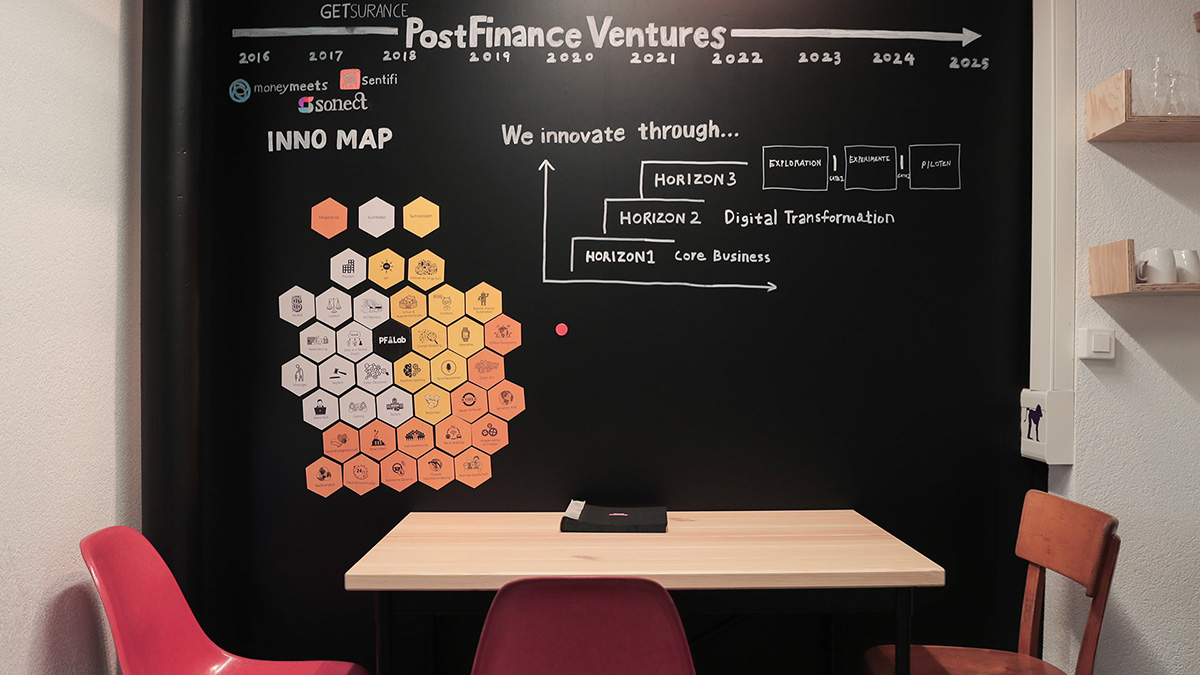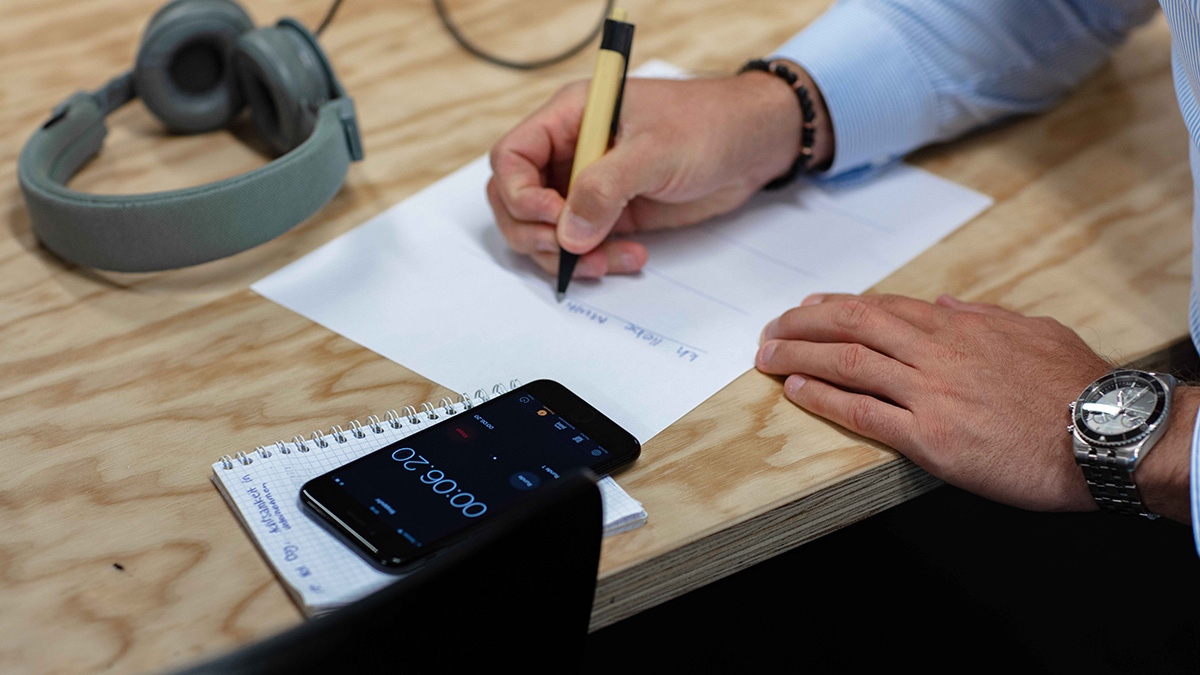
Innovation and investments
Welcome to VNTR
You are here:
Only those who go beyond their own horizons will get further. We create new things and invest in promising startups in order to anticipate what will create value for PostFinance in the future. We promote our own innovations (build), cooperate with partners (partner) and invest in startups (invest).
Content Carousel
1
/
8












